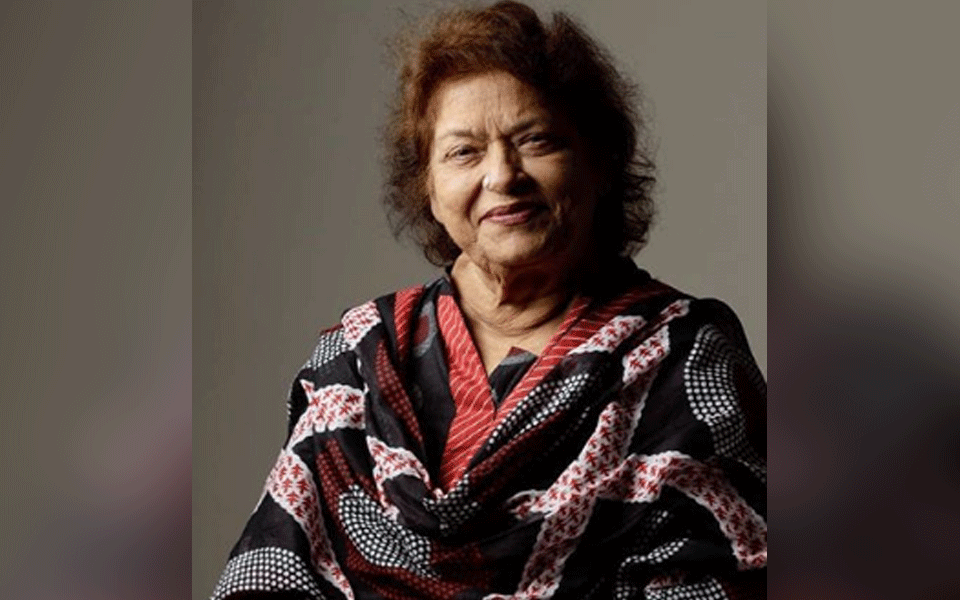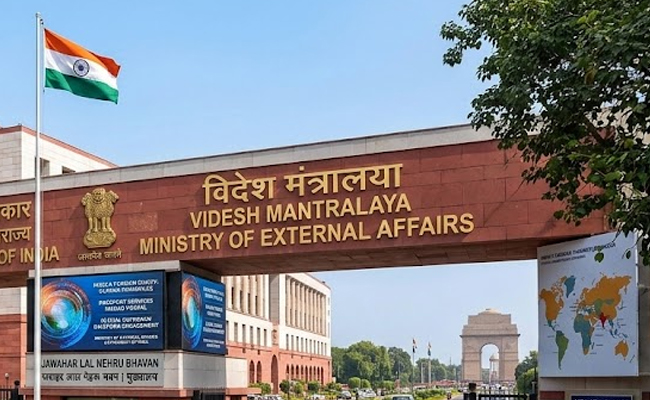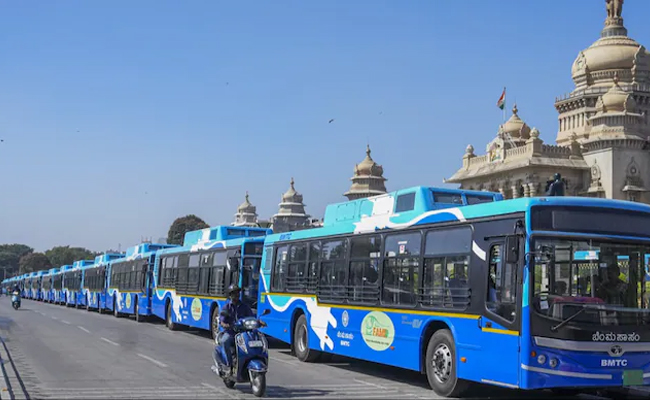Mumbai: Renowned choreographer Saroj Khan, the name behind some of the most famous songs in Bollywood such as Dhak Dhak and Ek Do Teen , died of cardiac arrest early on Friday morning. She was 71.
The three-time National Award winner was not keeping well for some time.
She was admitted to Guru Nanak Hospital in Bandra on June 20 after she complained of breathing issues. She had tested negative for COVID-19.
"She passed away due to cardiac arrest at around 2.30 am at the hospital," Khan's nephew Manish Jagwani told PTI. Khan is survived by son Raju Khan and daughter Sukaina Khan.
Her funeral was held on Friday morning at a cemetery in suburban Malad. "We buried her at around 7 am. The prayer meeting will be held after three days," Sukaina told PTI.
Mourning her death, superstar Akshay Kumar said Khan made dance look easy and accessible.
"Woke up to the sad news that legendary choreographer #SarojKhan ji is no more. She made dance look easy, almost like anybody can dance, a huge loss for the industry. May her soul rest in peace," Akshay tweeted.
Actor Suniel Shetty called Khan a true guru.
"You are loved... You are irreplaceable... A true Guru," he wrote.
Director Hansal Mehta wrote, "An era is over. RIP Saroj Khan." Director Kunal Kohli, who worked with the choreographer on "Fanaa", remembered Khan as someone who stood up for people's rights.
"She stood up for the rights of people. Never bothered who was a star or not. She said her bit unadulterated and from the heart. Brought biryani on every song and fed the whole crew so lovingly.We gossiped, we worked. Thank you for the memories masterji. Saroj Khan love you always," he tweeted.
In a career spanning over four decades, Khan, who was known as Masterji, choreographed more than 2,000 songs. Khan's best work was with actors Sridevi and Madhuri Dixit, the prominent dancing stars of the 80s and 90s.
Her parents migrated to India after the Partition. She started her career in the film industry as a child artiste at the age of three and later worked as a background dancer.
The choreographer, who was born as Nirmala and later converted to Islam, learnt dance while working under film choreographer B Sohanlal. They got married when she was 13 and he was 41.
Khan got her first break as an independent choreographer with Geeta Mera Naam in 1974 but it took Sridevi's Hawa Hawai song in 1987 film Mr India for her to receive acclaim as a dance choreographer of repute.
There was no looking back for Khan after the success of the song. She choreographed Sridevi in films such as Nagina and Chandni . But it was her work with Madhuri Dixit that made her famous.
Starting with Ek Do Teen in Tezaab , she choreographed Madhuri in Tamma Tamma Loge in Thanedar and Dhak Dhak Karne Laga in Beta and "Dola Re Dola" from Sanjay Leela Bhansali's "Devdas". She also choreographed Kareena Kapoor in "Ye Ishq Haaye".
She last choreographed for "Tabaah Hogaye", featuring Madhuri from filmmaker Karan Johar's production "Kalank" in 2019.
Khan's death comes at a time when the film industry is already grappling with the loss of Irrfan Khan, Rishi Kapoor, Basu Chatterjee and Sushant Singh Rajput in recent months.
Let the Truth be known. If you read VB and like VB, please be a VB Supporter and Help us deliver the Truth to one and all.
New Delhi (PTI): The Ministry of External Affairs (MEA) has set up a control room to assist those affected by the escalating crisis in West Asia.
The MEA has said almost one crore Indian citizens live in West Asia and their safety and well-being is of "utmost priority" for New Delhi.
As the Iran-US conflict widened, the Indian embassy in Iran moved hundreds of Indian students from the Iranian capital of Tehran to safer locations.
"A Control Room has been set up in the Ministry of External Affairs in view of the current situation in West Asia and the Gulf region," the MEA said on Wednesday.
"The Control Room can be contacted from 9 am to 9 pm at: 1800118797 (Toll Free) +91 11 2301 2113, +91 11 2301 4104, +91 11 2301 7905," it added.
The US launched military strikes on Iran on February 28, killing Iranian Supreme leader Ali Khamenei.
Following the military offensive, Iran has carried out a wave of attacks mainly targeting Israel and American military bases in several Gulf countries, including the UAE, Bahrain, Kuwait, Jordan and Saudi Arabia.
The MEA on Tuesday noted that almost one crore Indian citizens live and work in the Gulf region, and their "safety and well-being is of utmost priority."
"We cannot be impervious to any development that negatively affects them," it said.
The MEA said New Delhi will continue to closely monitor the evolving situation and take relevant decisions in the national interest, adding it is in touch with the governments in the region as well as other key partners.
A Special Control Room has been set up in the Ministry of External Affairs in view of the current situation in West Asia and the Gulf region. Details are as below ⬇️
— Randhir Jaiswal (@MEAIndia) March 4, 2026
🔗 https://t.co/nK3d6SY9Pa pic.twitter.com/v2EhUI5B1x




